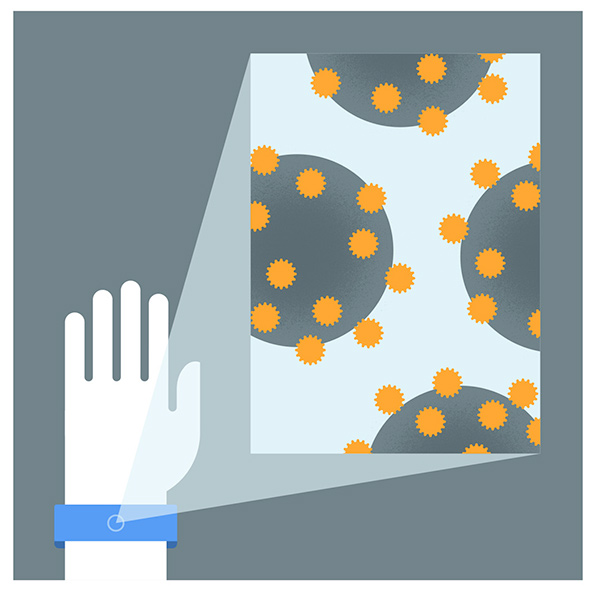
29 10月 Google’s ambitious development of a Cancer detection pill
Google is currently developing a pill with the aim of detecting cancer, heart attacks and a string of life threatening diseases. The pill is a vehicle for microscopic particles to enter the bloodstream which are built to attach themselves to particular cells such as cancerous ones. Andrew Conrad, head of life sciences with Google X revealed the initiative this Tuesday at a conference in Southern California. The nanoparticles are a combination of magnetic properties and proteins which can detect and attach to specific molecules within the body, measuring in width one billionth of a meter. The idea is simple yet revolutionary in early detection. If successful, the wearer of a heath tracking device could simply swallow this would-be wonder pill and then in time, the device, using the particles’ magnetic structuring, could assemble them in order to read the information they’ve detected within the cellular environments. The project is known as the ‘Nanoparticle Platform’ and is part of a wider effort on Google’s behalf to develop health improving technologies which takes strides in advancing beyond ”reactive and episodic” health care towards a more powerful stance of ”proactive and cumulative.”
Conrad did go on to reveal that similar to the company’s Smart Contact Lens unveiled earlier this year, the company will not actively sell the pill but will instead work alongside a third party medical company in bringing the technology to market. Conrad instead, is focusing on streamlining a technology which will allow us to take, for example, a reading on a wearable device following the ingestion of this pill and send that information straight away to our health care professionals for a more consistent track record of our health, which in itself is a revolutionary alternative to waiting for severe symptoms before seeking treatment.

